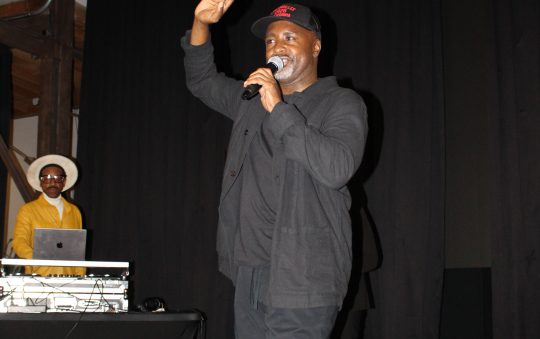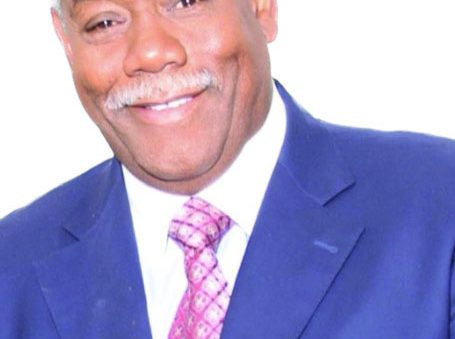
I am a blessed black man. Against enormous odds with respect to my family background and prospects for economic mobility, I have received great opportunities in my life. Those opportunities have afforded me a good living, a respectable profile in the public square, and a resolute passion to serve others. The old biblical adage, “To whom much is given, much is required” is the standard by which I have lived my life and, in my mind, should be the burning platform for every middle and upper class African American in the United States.
We, the black middle class, often find our comfort in the cultural notions of “black achievement” — escaping the surroundings that many others could not— and note that the symbol of a black man or black woman who provides a good home for his or her family and has a successful career should constitute “enough” inspiration for others. But it is not enough.
Black achievement is not enough to make a difference for the black and brown men who comprise more than 60% of the prison population or the one-in-three black boys who are predicted to have a run-in with the law in their lifetime. Black achievement doesn’t make up for a widening opportunity gap between African Americans and their mainstream counterparts or for the fact that too many students labeled “underperforming” begin tracking away from college at early ages and become accustomed to limited choices as they come of age.
Brothers and sisters from struggling black communities can no longer see themselves or their dreams through the eyes of their more successful peers. And those successful peers, instead of running toward them in ways that can uplift and change their circumstances, too often run away and sometimes even disassociate their circumstance from that of the people with whom they were raised.
The question is not who’s to blame, but rather what do we — middle-class African Americans — do about it? What IS enough? In my view, it is an active re-integration of our people that should be the focus of the African American middle class. My contention is that such work must continue and should be bolstered by a grand return to densely populated urban settings where an influx of middle class incomes from black and brown citizens would help stabilize some communities and build enclaves of African-American achievement that are in closer proximity to the people and communities most notably left behind.
The great debate between famed scholar W.E.B. du Bois and orator Booker T. Washington focused on the importance of creating meaningful educational prospects that could accelerate the economic and housing opportunities for people still under a Plessy v. Ferguson (1896) existence, versus a more conciliatory approach of providing basic agricultural and technical skills that would sustain a reasonable existence for them and their families. In many ways, the outcome of those discussions and years of civil rights laws and social change movements have created two divergent groups within the African American community.
One group is defined by the narrative that African Americans are plagued with historic and systemic inequalities that put them well behind their mainstream counterparts at birth. And throughout life, that distance widens. This results in densely populated, poor black communities that cycle through generations of poverty and impoverished conditions, making those communities fraught with challenges too many and too embedded to overcome.
The other narrative recognizes that there have been great gains made, particularly since the civil rights movement of the 1960s, and those gains have directly benefited a generation of African Americans, women and other minorities. Further, those gains over the last 50 years have created a burgeoning black middle class, and many have used their new-found wealth and opportunity to leave the largely rural and urban settings of their birth for suburban aspirations.
The way forward is to embrace an America where our tensions and intentions are not based in what we hope America to be, but rather in what it is. In 1903, du Bois wrote, “[We must] develop the Best of this race that they may guide the masses away from the contamination and death of the Worst, in their own and other races.” Contamination and death are here. And in this time, those who escaped those ills must remember from whence they came. Only then will it — will we — be enough. “To whom much is given, much is required.”
Dr. Tony Allen is the head of Corporate Reputation at Bank of America and the founding President of the Metropolitan Wilmington Urban League where in 2003, he received the Whitney M. Award for Advancing Racial Equality, the National Urban League’s highest honor. “Much is Required” is his third piece in the National Urban League’s Annual State of Black America.







